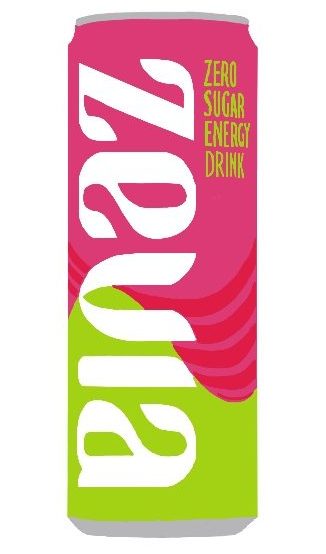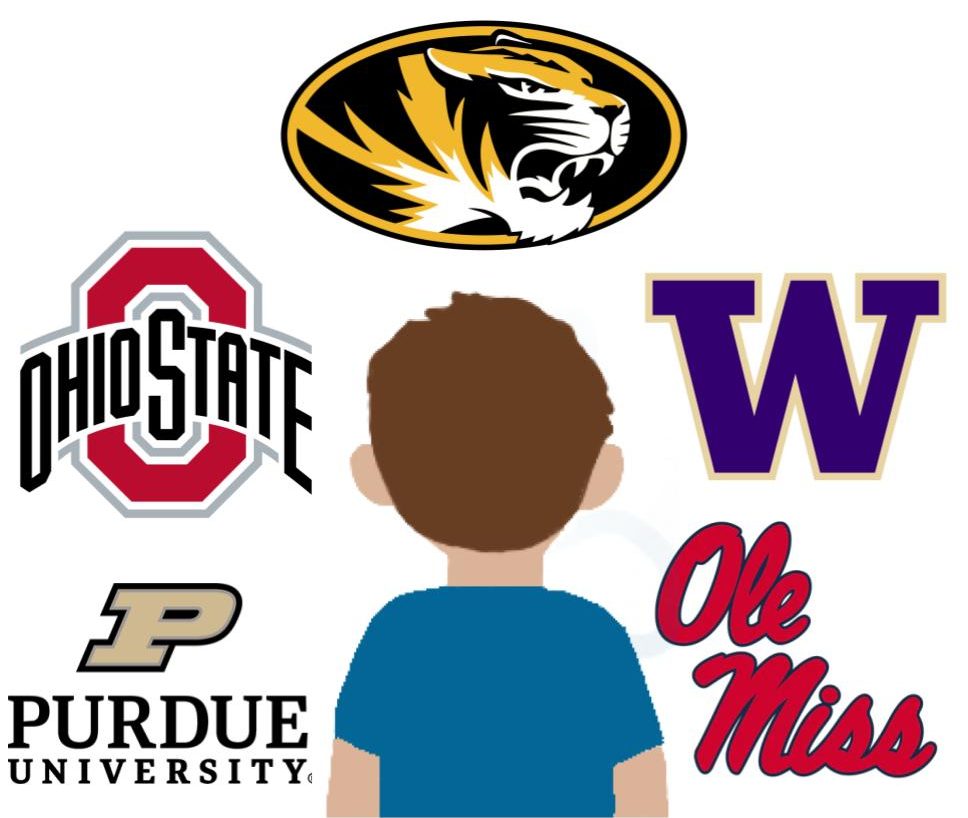EHS Publications Policies
Philosophy Statement
The primary obligation of student publications is to inform its readers about events in the school and community and of issues of national or international importance which directly or indirectly affect the school population. The student publications, while serving as a training ground for future journalists as part of the school curricula, recognizes all rights and responsibilities under the First Amendment. Operating as public forums, student editors will apply professional standards and ethics for decision making as they take on the responsibility for content and production. The student body of each high school constitutes the target audience with secondary audiences including school personnel, community members and other scholastic journalism groups. Content focuses on coverage that will meet the wants and needs of the majority of these audiences, utilizing both traditional and innovative formats. While the student staff encourages constructive criticism of any part of student publications, authority for content rests in the hands of the student staff. Students will not publish material considered to be legally unprotected speech.
General Guidelines
- The staff agrees to respect the rules and regulations as established in the Eureka Student Handbook.
- The staff shall report in an objective manner with the best interest of the school and community in mind.
Opinion Material Guidelines
- Opinions expressed in an editorial, commentary or in opinion pieces do not necessarily reflect the viewpoints or official policies of the school administration.
- All editorials (unsigned) represent a majority opinion of the Editorial Board. Members of the Editorial Board include all staff editors.
- Signed editorials, columns, blogs, editorial cartoons and reviews reflect the views of the author and not necessarily those of the EHS-hub Editorial Board.
Obituary Procedure
- In the event that a current student or staff member passes away during the course of the school year, the EHS-hub may include coverage of the death in the next publication.
- The death may be reported as a combination news story and standard obituary and may be covered in the most appropriate space according to the timeliness of the publication.
- The portrait of that individual will appear in the yearbook as it would under normal circumstances.
- A memorial box will be placed in the index of the yearbook with only the name of the person and dates of birth and death.
- The publications will maintain the dignity of the student or staff member by striving for accurate, fair coverage of the death.
Prior-Approval
- Eureka Student Publications policy does not allow sources to see stories before they are published.
a. Reporters are responsible for getting the information right.
b. A reporter may check direct quotes or some information with sources if he chooses. However, allowing sources to read stories before publication is generally considered poor procedure because it allows sources to rewrite stories for their benefit.
Advertising Procedure
- The publications reserve the right to refuse any business which seeks to advertise any product which is illegal or generally considered unhealthy or undesirable for students as determined by the editors.
- The publications may choose to publish public service ads at the discretion of the editors.
- The publications will print political ads which comply with federal, state and local campaign laws.
- All advertising must meet the same guidelines as editorial content.
- Acceptance of advertising does not constitute and endorsement by the school, the staff as a whole or its individual members.
- Students who appear in advertisements must sign a model release form acknowledging that they will accept no payment from the client and their appearance is one of support for the publication rather than the business or professional.
Letters to the Editor/Commenting Procedure
- Participation through letters to the editor by students, faculty and the community is encouraged.
- Letters must be signed but names will be withheld upon request and with the concurrence of the Editorial Board.
- Letters should be limited to 300 words. The EHS-hub reserves the right to reject, edit or shorten letters.
- Deadlines will be announced via the announcements and on bulletin boards.
- Letters may be submitted in writing to Mrs. Elisha Strecker in Room 704, or to any EHS-hub staff member, or via email to [email protected]
- Readers may also comment via the online site www.ehshub.org
- The ehshub.org staff reserves the right to delete the contents of comments which it deems inappropriate.
Reporting /Photography Procedure
- Students interviewed for a story should be made aware beforehand by a student publications staff member that their name will be published and that the interview may be recorded.
- Students involved in a school-sponsored event or public activity may be photographed for publication without explicit permission.
- Reporters should make every effort to interview sources in person. The writer of a story should conduct all of his/her own interviews. If another reporter completes some interviews, he/she must be given credit at the end of the story.
- All sources in stories must be named. Only the editors can decide to withhold a source’s name if privacy is necessary for the source.
- All material produced by student publications staff members is the property of the publication.
- Reporters should strive to have a minimum of three sources.
- Staff members should use publications social media accounts for crowdsourcing, but are discouraged from using social media to conduct interviews.
Social Media
- Social media will be used to inform, promote the publications, to promote published content and to engage the community.
a. Information posted on social media platforms should be held to the same standard as all other reporting in terms of information gathering and fact checking.
b. The official student publications social media accounts should avoid promotion of events and remain objective, reporting what is fact. Student publications staff members may choose to share content from other social media outlets if the content is relevant to their followers.
c. Information gained through social media channels should be verified through multiple channels or by confirming a source’s validity before passing it along on a social media account. In breaking news situations, extreme caution will be exercised and speculation will never be published. Staff members posting from these accounts should make every effort to have a school administrator as a source in a situation where a breaking news event pertains directly to the school.
d. Audience engagement through social media should be done in a professional manner.
e. Student Publications are only responsible for content which they create and post or share. They are not responsible for advertisements or other linked material.
f. Mistakes in coverage or content made on social media posts should be corrected as soon as possible and any deleted posts should be acknowledged in subsequent postings. In the event that a personal post is inadvertently posted from a student publications account, it will be immediately deleted. It will be acknowledged if deemed necessary by the Editorial Board.
Yearbook Portrait Policy
- All students are asked to have their portraits taken with school photographers for the yearbook.
- Underclassmen will have their portraits taken at school during registration/orientation.
- Seniors will have individual sittings with the school-approved photographer.
- By having portraits taken by only approved photographers, the yearbook staff can be assured of the highest quality reproduction and consistency of all portraits.
- Student portraits will appear in the section of the yearbook consistent with the official classification as of the end of first quarter. This information will be provided by the registrar.
Yearbook Sales Policy
- Any customer who does not wish to keep his/her book may obtain a refund provided the book is returned in the same condition in which it was distributed. Once returned, the book becomes the property of the staff and can be resold at the current cost.
- Exchanges can be made for books with minor flaws if no writing has been done in the book. If a book has been written in, then no exchange can be made unless the adviser feels the flaw in the book is of major proportion.
- It will be the responsibility of the buyer to provide proof of purchase if no record can be provided by the staff. A canceled check or receipt will constitute proof of purchase.
- Books not claimed at the end of the first quarter of classes in the fall automatically become the property of the yearbook staff and can be sold at the current price. Refunds for unclaimed books will be available until the end of the first semester.
Photo/Video/Audio Use Policy
- All pictures, video and audio made by student journalists or professionals contracted by the publications staff are the property of the student publications staffs. Portrait photos taken by the contracted portraiture photographer are property of the school district and part of the student’s official record.
- It will be at the staff’s discretion whether or not to release any or all of the photos/video/audio created during the year.
- The editorial board will determine which material is published where.
Your donation will support the student journalists of Eureka High School - MO. Your contribution will allow us to purchase equipment and cover our annual website hosting costs.













